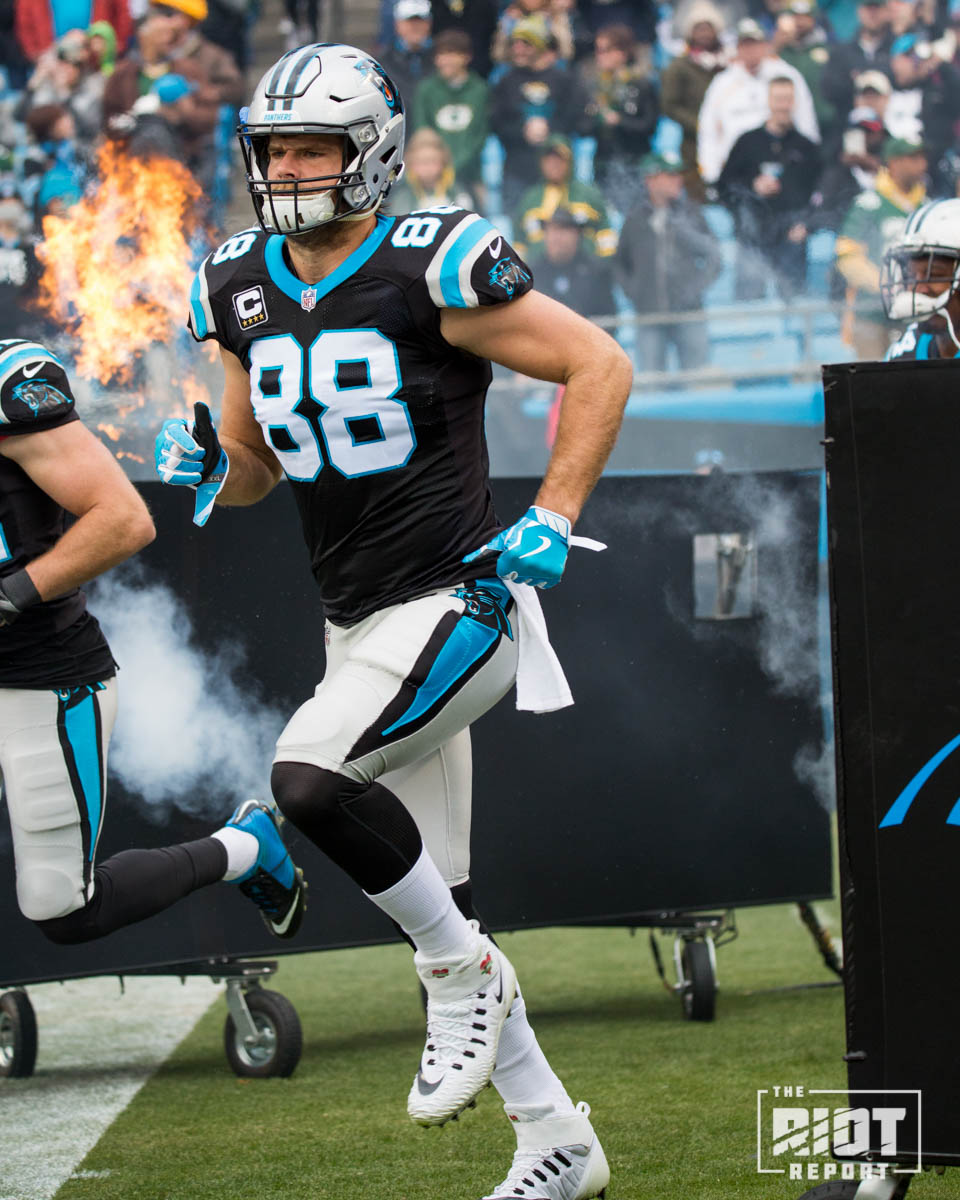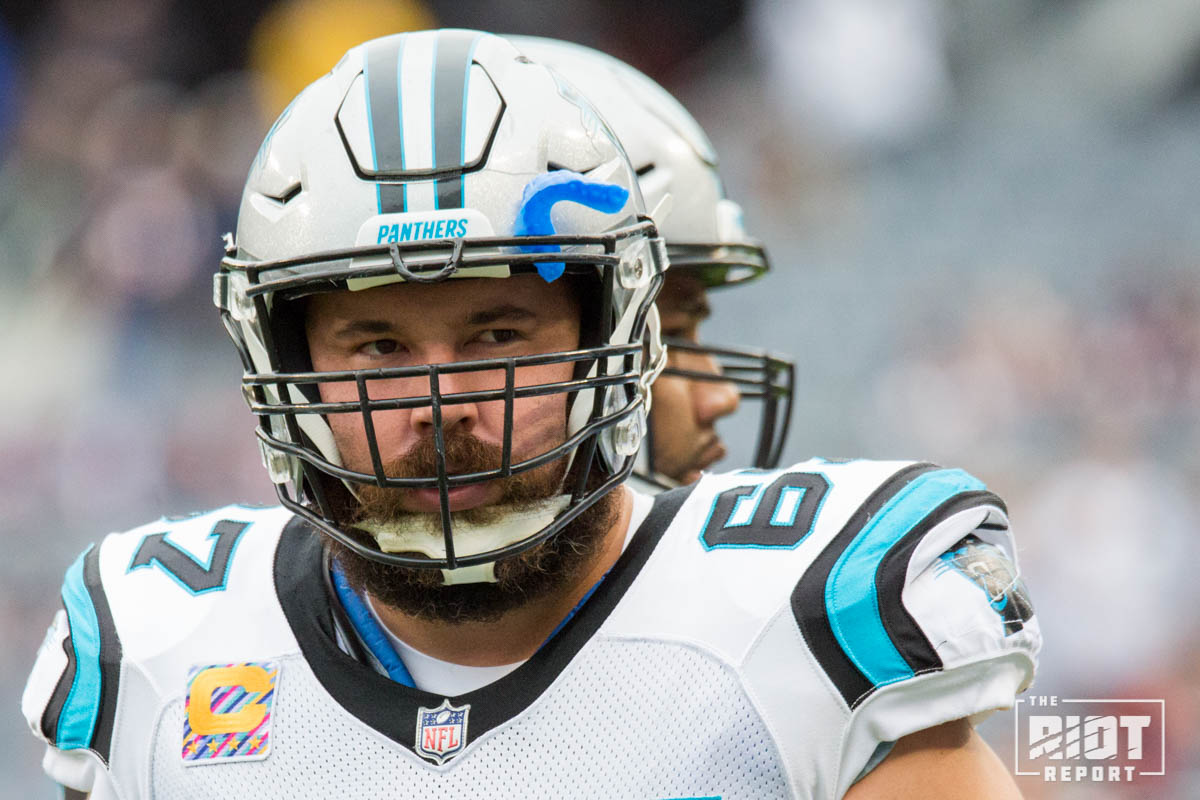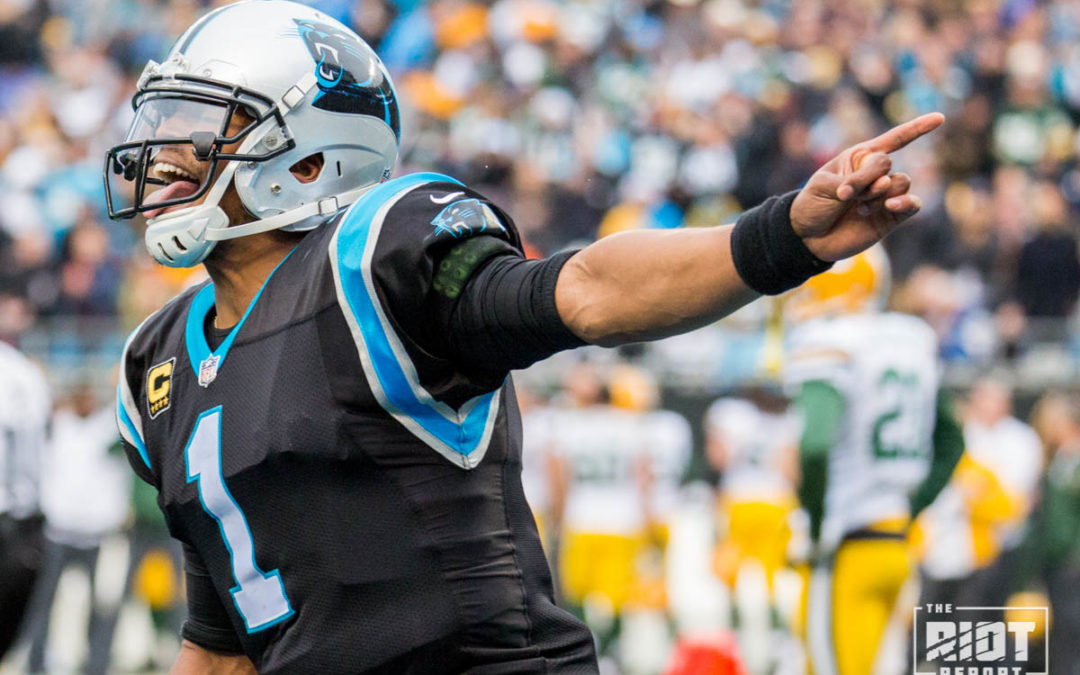With the NBA playoffs tipping off this past weekend, tanking will once again be a discussion point, with the incredibly fun and young Sixers appearing to be the only potential Eastern Conference obstacle standing between King James and another trip to the NBA Finals. Of course, the Sixers weren’t always fun. They won 19, 18, 10, and 28 games the last four seasons; baseball’s reigning World Champions, the Houston Astros, lost 106, 107, and 111 games from 2011-2013. Make no mistake, the idea of multiple losing seasons paving the way with early draft picks and empty stands to eventual title chances has made it’s way to the NFL – the Los Angeles Rams spent over a decade of under .500 seasons before going 11-5 in 2017 and throwing in most of their chips this offseason; the Jacksonville Jaguars won 17 games in the five seasons prior to a 10-6 campaign in 2017 that sported the best defense in the NFL and a powerful running back selected in the top five; the yet-to-be-anointed dolls of the 2018 season San Francisco 49ers are in the midst of doing it too.
Unlike in the NBA or MLB, however, there’s an additional incentive to tanking in the NFL. The ability to roll over cap space from year to year allows teams to stockpile high picks while paying well below the salary cap; they then have the benefit of more cap space to surround their young nucleus when they have a couple years under their belt. The Jaguars picked four spots ahead of the Panthers in last year’s draft and were a Tom-Brady-fourth-quarter-comeback from a trip to Super Bowl after rebuilding their pass rush with marquee free agents and top picks. After rolling over more than $25 million each of the last five offseasons, the Jags added two tight ends, a cornerback, resigned Marqise Lee, added another WR and signed an All-Pro guard named Andrew Norwell during this off-season. They also – even with all of those moves, they still – have approximately $11 million more remaining in cap space than the Panthers.
While the Jacksonville faithful suffered through six woeful seasons to get to this point, it doesn’t have to be that long. Our old friends, the Seahawks, could be poised to do a mini-rebuild, with the ability to save north of $20 million with a few choice cuts this off-season. They let the Rams have their year in 2018, scoop some high picks, save some cap space, roll it over for a year or two, and then use their fat wallet to plug holes around Russell Wilson and a new core of high draft picks.
This added benefit of rolling over the cap space could well mean this becomes the standard in the NFL. As an NFL agnostic, it’s great. Different teams will balloon up every three or four years, then self-eliminate for two or three. It keeps the product fresh, but for fans of specific teams, it’s tougher. There’s no guarantee of success – the Browns have two of the top five picks and will roll over almost $70m in cap space into 2019, but there’s no guarantee their QB of choice won’t be Tim Couch; the Jaguars were only 10-6 last year and they still have Blake Bortles at QB. The Broncos fell from Super Bowl champions to a top-five pick in the span of two seasons; there is no more Legion of Boom in Seattle with one chip to show for it.

Tanking dismisses the ‘Gentleman’s Agreement’ to compete, but now with the cap rollover, the NFL is tangibly rewarding those who choose not to field a worthy team, in the present, for the pursuit of future success. The team who tries to compete year-in and year-out will be at both a disadvantage not only when it comes to draft selections, but also in free agency, where they will surely encounter a more ‘shrewd’ team who has decided their spending spree has begun, with well north of $50 million in cap space.
Another side effect of the NFL’s cap rollover will be even less loyalty. The NFL has always been a ‘what have you done for me lately’ league, but if any fan base has been more insulated from change, it’s been Panther fans. How many organizations would’ve seen TD through three ACL tears? Remember how shocking it was when they decided to move on from a certain 35-year old wide receiver? Or both halves of ‘Double Trouble’ as their cap hits began to outweigh their on-field worth? How many teams have the same running back pair for seven seasons? For better or worse, the gentleman’s agreement and the loyalty that comes with it, have defined the Carolina Panthers, under Jerry Richardson.
It’s been both a strength and a weakness for this organization at various times; but with other teams discovering the benefits of the rollover, the disadvantages will be magnified. The Panthers commitment to the Gentleman’s Agreement has won them a good many games over the years, but has also resulted in being smack dab in the dreaded middle quite a bit. Thirteen times in their history, the Panthers have finished between six & eight wins. They’ve won double digit games in seven seasons and won fewer than six in just three. The Panthers seldom bottom out, but their most successful years took advantage of an empty cap (1996), one of the most unlikely runs in NFL history (2003) and Cam Newton’s MVP performance (2015). When they do bottom out? They’ve drafted in the Top 10 five times since 2000 – yielding Julius Peppers, Jordan Gross, Cam Newton, Luke Kuechly and Christian McCaffrey.
Panthers fans wanted the team to sign a big-name wide receiver this offseason, but the top three wideouts available ended up on rosters that feature a quarterback on a rookie contract – without the benefit of rolled-over cap space, a team can rarely afford to pay both a quarterback and a splashy free agent, let alone fill out a roster equipped to compete for a championship. The Super Bowl champion Eagles paid less for their two starting quarterbacks than the Panthers paid for Cam Newton – and Newton is strikingly underpaid with the 15th highest cap hit among quarterbacks.

With three captains about to retire and their quarterbacks on both sides of the ball in the primes of their career from an age standpoint, every move the Panthers make must scream ‘WIN NOW’ in glowing neon letters, but in this offseason, it’s hard to compete with a team paying 30% of the salary they’re paying their quarterback or a team that began the offseason with more than $100m in cap room. The recipe is different. In an off-season in which the Panthers found themselves unable to negotiate with top free agents due to (depending on who you ask) a lack of cap space or poor decision-making on how they allocated that cap space, are they hindered by the way the NFL has constructed the rule book?
Withdrawing yourself from the race has become not just accepted but celebrated. Shortcutting to the front of the line. Paying less for years, culling top talent, trotting out an inferior opponent for your partners, and then enjoy the spoils of not competing. This can be an appealing road map, but only if a select few teams do it, the more teams that tank, the more watered down the reward. Imagine a home slate of games with three games against tanking teams – good for the chance at back-to-back winning records, but not for the fans attending the blowouts. With such a short regular season, the damage of obvious tanking will be amplified; this new celebrated practice will see fan’s favorite players leaving their favorite teams sooner, water down the regular season, and punish teams who try to compete year-in and year-out. Forgive me if I don’t applaud.

